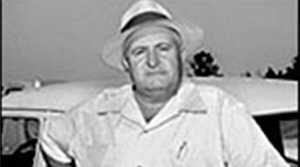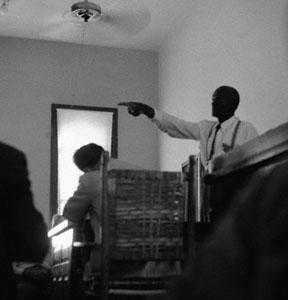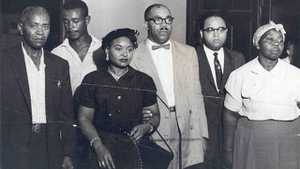Who was Emmett Till?
Emmett Louis Till was born in Chicago on July 25, 1941. Emmett was the only child of Louis and Mamie Till. He never knew his father, a soldier, who died during World War II.
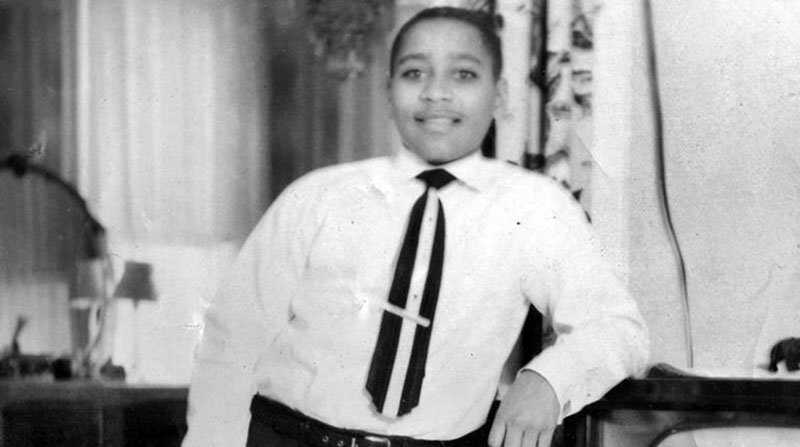
At the age of five, Emmett was stricken with polio. He recovered but was left with a slight stutter. Despite his childhood illness, he grew up a happy boy. Emmett pitched in with the chores. His mother recalled he once told her, "If you can go out and make the money, I can take care of the house." This was welcome news for a woman raising a child alone. "It was just like I was carrying a load and I laid it down," she said.
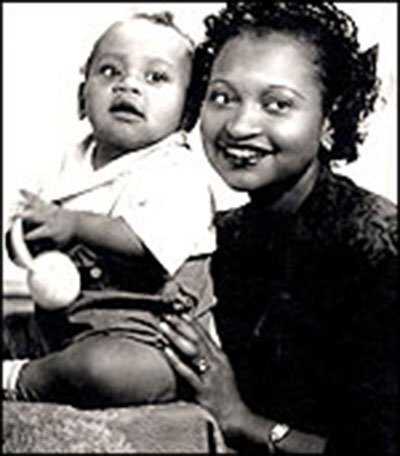
Emmett, nicknamed Bobo, was surrounded by relatives and grandparents. He attended the all-Black McCosh Elementary School not far from his home. The solidly middle class neighborhood on Chicago's South Side where he grew up was a Mecca in which Black-owned establishments thrived. Although Blacks and Whites were segregated, it was a fertile time for Black businesses. There were Black-owned and operated insurance companies, tailors, pharmacists, barbers, beauty salons and nightclubs that regularly hosted performers like Duke Ellington, Count Basie, Dinah Washington and Sarah Vaughn.
Young Emmett's personality was infectious. "He loved to tell jokes," said his cousin, Wheeler Parker. "He would pay people to tell him jokes."
In the summer of 1955, Emmett had just turned 14. He and his friends were enjoying the summer and dancing to a new music called rock and roll.
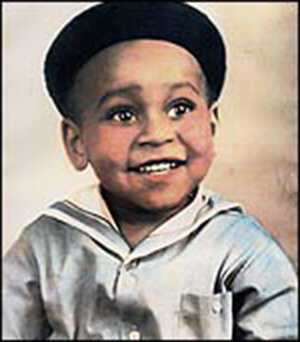
"The boys wore crepe-soled shoes, polyester pants and the girls wore skirts with the crinoline underneath. You must have the crinoline," said Cooksie Magnolia, who grew up with Emmett on the same street. "Young girls wore flared skirts so when their male partners spun them around, their skirts would have that extra flare."
"That was a good time because where we grew up, a lot of guys listened to the Moonglows, the Coasters, the Flamingos and the Spaniels," said Richard Heard, one of Emmett's classmates. "We'd try to imitate them in our little singing groups. It was a lot of fun."
One afternoon, Heard was invited to Emmett's house for bologna sandwiches and Kool-Aid. They were all looking forward to returning to school together in the fall where they would complete eighth grade and move on to high school. Heard never knew that would be the last time he would see his friend alive.
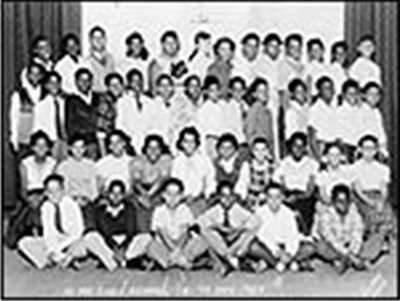
"Emmett was a funny guy all the time. He had a suitcase of jokes that he liked to tell," said Heard. "He loved to make people laugh. He was a chubby kid; most of the guys were skinny, but he didn't let that stand in his way. He made a lot of friends at McCosh Grammar School where we went to school."
In August 1955, Emmett's great uncle Moses Wright came up from Mississippi and paid the family a visit. On his way back, he was taking Emmett's cousin Wheeler Parker with him to spend time with relatives down South. When Emmett heard that, he wanted to go.
But Emmett's mother had other plans. She wanted to take a vacation and drive to Omaha, Nebraska. Mamie hoped that by coaxing Emmett with an opportunity to learn to drive on the open road, he would opt to go with her instead. But for Emmett, news that his cousins would be spending the summer together in Mississippi was an opportunity he didn't want to pass up.
The day before Emmett left, Mamie gave her son Louis Till's signet ring, one of the few possessions she had from her former husband. The next day, Mamie raced her son to the train station. Their kiss goodbye would be the last time she would see her son alive.
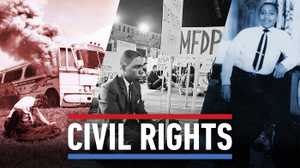
A new AMERICAN EXPERIENCE collection, currently featuring a selection of our award-winning films from Stanley Nelson (Firelight), documenting pivotal moments in the 20th century civil rights movement— along with articles, digital shorts and original features exploring America’s continued struggle with race, democracy and justice.




